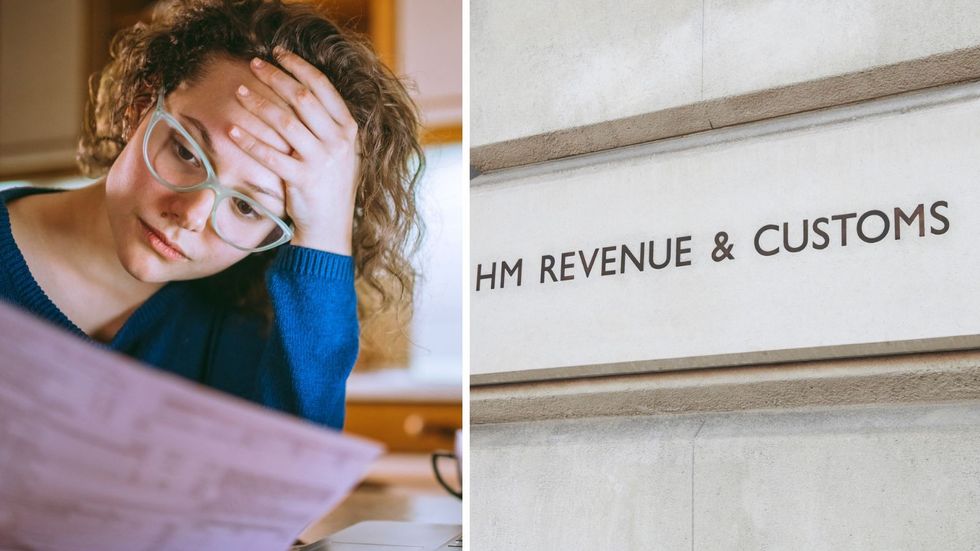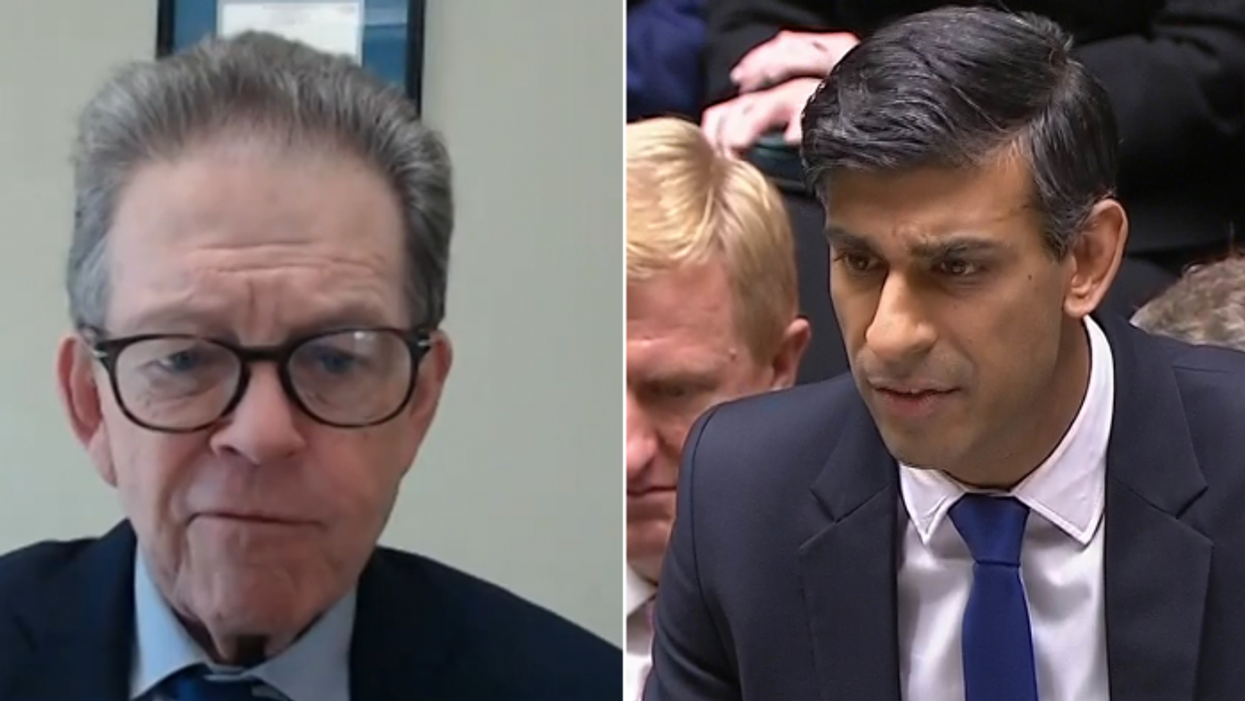HMRC issues warning as Britons have only two weeks to complete tax return or be hit with penalty

The deadline for Self Assessment tax returns is January 31 but some people struggling to pay their taxes before this date could set up a payment plan to alleviate the financial pressure
Don't Miss
Most Read
Latest
HM Revenue and Customs (HMRC) is reminding Britons to submit their Self Assessment tax returns ahead of the pending deadline.
Some 44,800 people have arranged a payment plan with the tax authority to help spread the cost which is the equivalent of £148million.
More than 7.7 million Self Assessment customers have already filed their tax return for the 2022-23 tax year.
However, HMRC is warning those who still need to pay the levy to do so before the deadline on January 31 or be hit with a penalty.

The deadline for Self Assessment tax returns is looming
|GETTY
Those struggling to pay their tax return in full can go online to check if they are eligible for a monthly payment plan called Time to Pay.
Taxpayers who owe less than £30,000 can check Welcome to GOV.UK’s affordability checker to determine the ideal arrangement to pay their taxes.
Interest will be applied by HMRC to any outstanding balances from February 1 which means taxpayers should act now.
Anyone who pays their current estimated tax bill through Payment on Account needs to pay the first instalment for 2023-24 by January 31.
Myrtle Lloyd, HMRC’s director general for customers services, reminded taxpayers “there is no time like the present” to arrange the right payment for paying taxes.
She added: "Whether you choose to pay in instalments, via the HMRC app or using online banking, search ‘pay your Self Assessment tax bill on Welcome to GOV.UK for a full list of options.”
A full list of potential payment options for Self Assessment taxpayers can be found on the gov.uk website.
If someone is unable to meet this month’s deadline, HMRC will assess a customer’s reasons for not being able to complete their tax return.
LATEST DVELOPMENTS:

Britons could arrange a payment plan by HMRC to spread the cost of their tax bill
| GETTYWhile those with a valid excuse may avoid a penalty, the financial costs for missing this deadline are usually:
- An initial £100 fixed penalty, which applies even if there is no tax to pay, or if the tax due is paid on time
- After three months, additional daily penalties of £10 per day, up to a maximum of £900
- After six months, a further penalty of five per cent of the tax due or £300, whichever is greater
- After 12 months, another five per cent or £300 charge, whichever is greater.
Furthermore, there are extra penalties for paying late including five per cent of the tax unpaid at 30 days, six months and 12 months.











